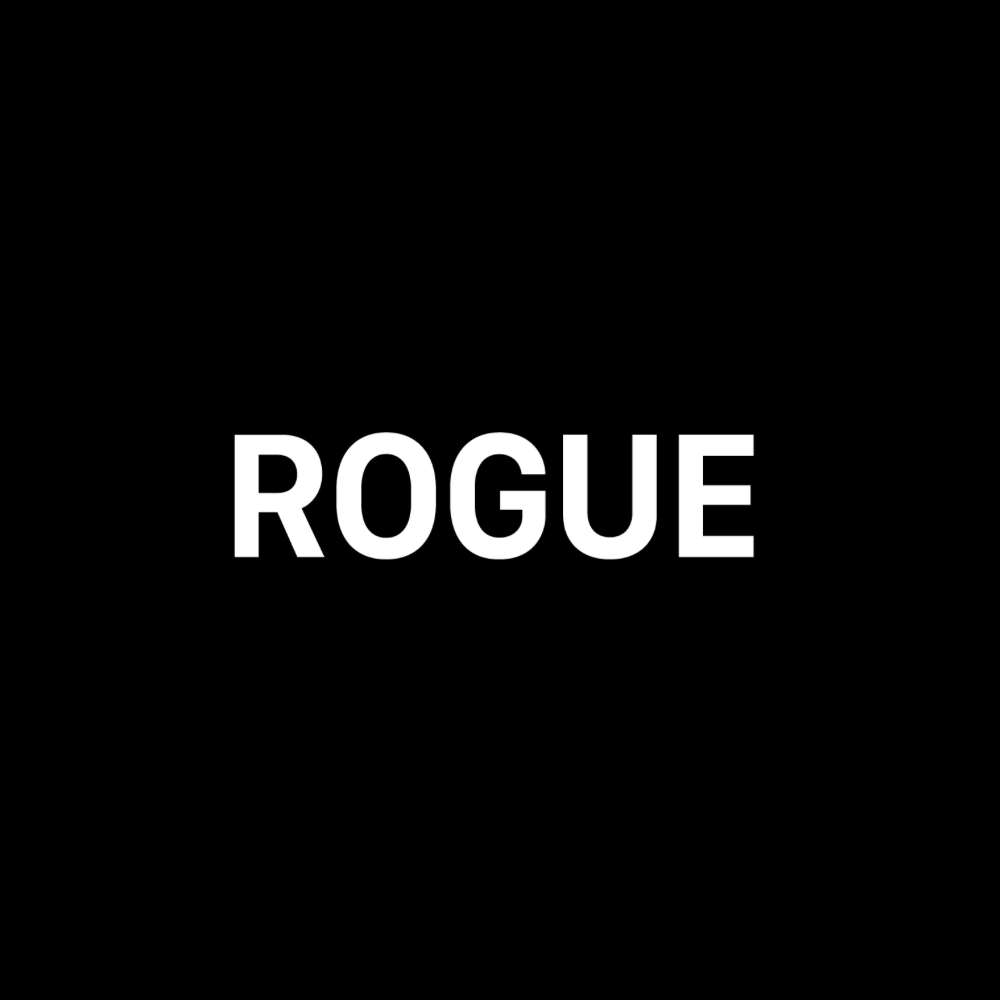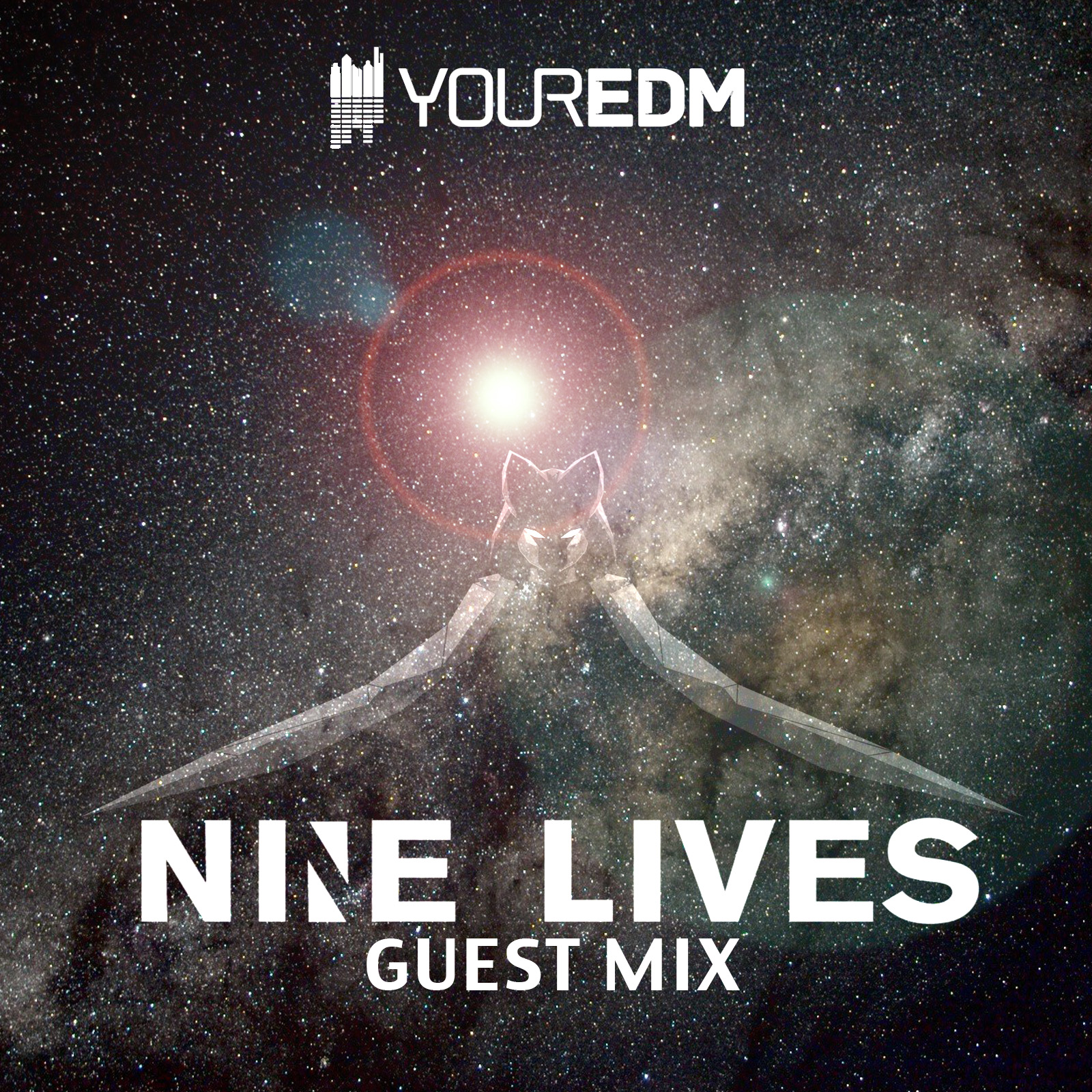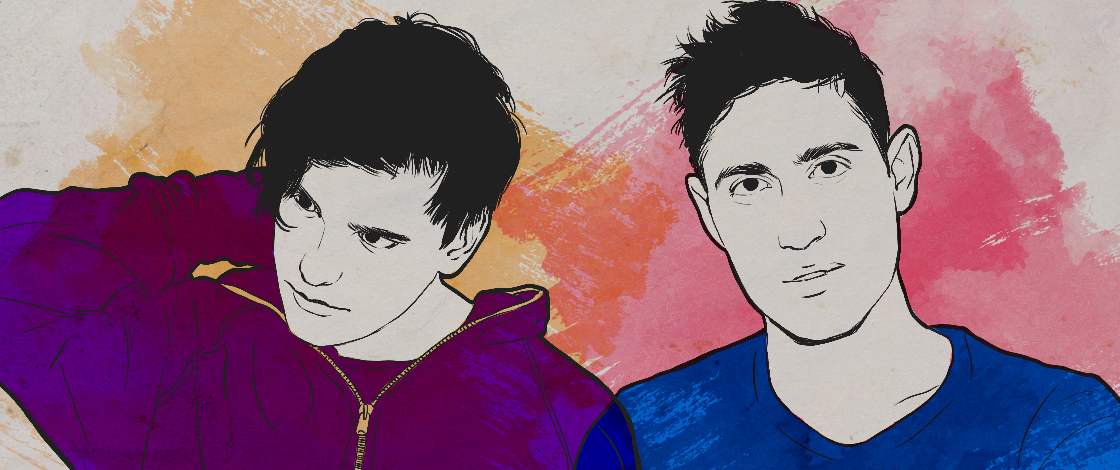This time around, we’re shining the Industry Spotlight into the inner workings of bass music’s wild underground scene. Creativity bubbles constantly and new artists pop up on the radar with stunning regularity, so you’ve got to be sharp to keep up with all the comings and goings of the ever-expanding community. That’s where Ricardo Serrano and Bojan Jovanovic, the founders of Rogue Agency, come in; armed with supremely open minds and an unmatched drive to succeed, these two are constantly scouring the musical landscape for the next forward thinker, the next mind-melting maestro. The project is based in Chicago and New York, but their roster has expanded both across the States and internationally; Rogue now represents artists the likes of Joker, Swindle, M!NT, X&G, Conrank, Sacha Robotti, and many more.
The duo has come a long way since the agency’s inception in 2014 and we’re quite excited to see where their ambition takes them; in the meantime, we were lucky enough to have a chat with the guys and learn a bit more about who they are and what they do. Read on for our exclusive interview!
ROGUE AGENCY
How did you two get your start in the music industry? How did those separate experiences lead you to each other and, eventually, to the formation of Rogue Agency?
Bojan: I first started putting on shows in high school and without much consideration got into booking when I sent a message to a band I liked in Japan via Myspace; I had reached out as a fan, but their response was to ask me to book their tour. After going out on the road with them and meeting bookers, labels, publicists, and other bands, I realized I wanted to help out more artists I believed in. Plus, it sounded better than going to college; so, I started a booking agency. I was 18 then, and had a booking agency for six years before starting work at the Windish Agency. That’s where I met Ricky; I knew right away he was going to be an agent. A few years later, I thought I was on the verge of getting out of booking, but artists were constantly coming to me. Ricky brought up the idea of starting Rogue, and since I knew how hard he works and how we share the same love for music and helping others, it just felt right to do. And it has only been getting better and better since.
Ricky: I started interning at a venue in my hometown called Cat’s Cradle when I was in high school. It was mostly cleaning the bathrooms and putting flyers up. I saw a bunch of shows for free, which was awesome. After awhile I became interested in learning more about who the person setting up tours was, which lead to me learning about what being an agent entailed. From there, I started researching and learning from Pitchfork and Windish’s upcoming tour pages. Then I moved to Chicago for college and starting throwing parties, which inevitably lead to me interning at Windish. I applied for an assistant position a few times, but after a few tries I decided to go ‘rogue’ and start my own agency. Bojan and I had already been friends, so we decided to start it together.
As both an agent and a listener, what drew you to electronic music?
B: I was drawn to it from a young age. I would obsessively watch MTV as far back as 5 years old. The first music video I remember seeing was from New Order, and the first CD I bought was Daft Punk’s Discovery when it came out. That CD was all I listened to, until it melted in the back of my parent’s car; by then I had an MP3 player, thankfully.
R: I used to listen to a lot of folk and rap growing up. Then, in 2005, I found out about MSTRKRFT; the rest is history.
How would you describe your current artist roster?
B: Talented and eclectic. We don’t limit ourselves to one genre because there are so many different styles of music out there.
R: Eclectic, definitely. I work with a lot of rap, techno, bass, house, and experimental acts.
Is there anything in particular you look for when scouting for new producers and performers?
B: I have to really like the music. There’s only so many hours in a day, so I want to be enthusiastic and genuine about the artists I work with. A good team helps to accelerate growth quite a bit, but I’ve picked up artists who had never played a show in their life and were selling out dates within months. Having good lines of communication is really important too.
R: Managers are really important, but other than that, I just need to really dig the artists music.
While there is plenty of raw talent to be found, the dance music scene has become quite saturated as of late, with branding taking on a much larger role than before; Marshmello’s manager recently stated that it had actually become more important than the quality of the music itself. What are your thoughts on this, and the current state of the scene?
B: Sure, but I think that’s always been the case with more mainstream music. And now, dance music has become especially mainstream and especially oversaturated. If it’s not good though, people will get bored of it quickly. Branding is important for any artist, but music should always come first. I think the state of any scene is great as long as people keep going out and supporting music.
R: I would definitely agree, but I feel this has always been the case in electronic music. Except now we have more access to music because of the internet and, as an artist, you really need to come out strong as a differentiated act from the rest of the camp. I couldn’t name one Marshmello track off the top of my head if you asked me to, but I can tell you what his get up looks like; I guess that proves the managers point?
Rogue is quickly becoming a well-respected name in the industry; what sort of changes do you hope to see within the agency as it expands over the next few years?
B: I see our roster of talented artists growing every day and more great shows being booked.
R: I’d love to move to LA, or possibly back to Miami, so starting an office in one of those cities would be awesome. Additionally, I’d love to bring more like-minded people on board who are hungry to book shows.
What has been the high point of your career thus far?
B: That’s impossible to narrow down into one point. It’s a career of many highs and lows. If I had to pick one, though, being thanked by one of my artists during their show is always one of those epic moments that makes me feel like all those stressful lows made a difference.
R: Honestly, just being able to wake up and acknowledge that this is what I do for a living. It’s really stressful and the expectations are high, but I love being a booking agent; it’s really fun and extremely rewarding.
Any advice for those trying to get their foot in the door of the industry?
B: Find an artist who makes good music and do anything you can to help them succeed.
R: Don’t wait for an opportunity to jump at you; go out and get it yourself.









